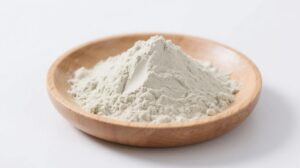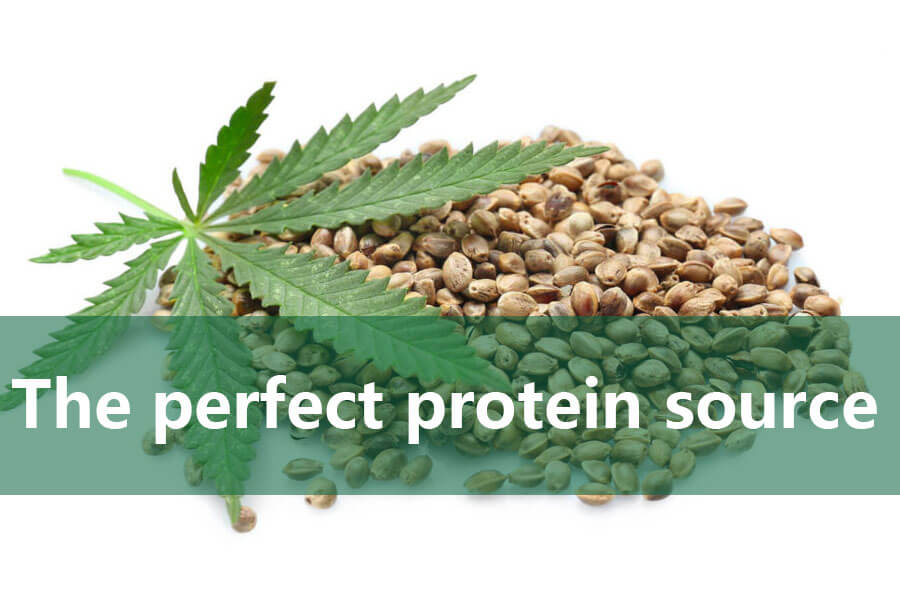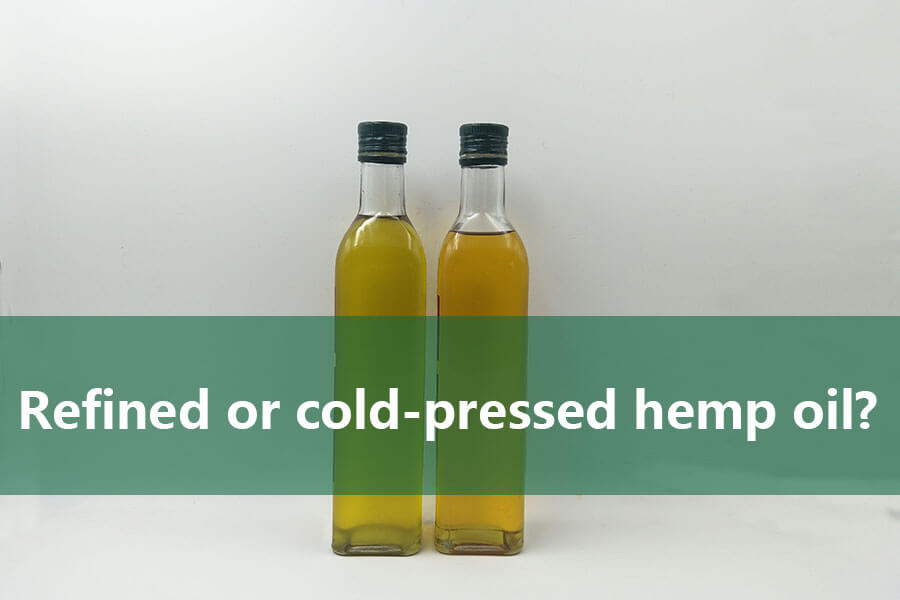In the world of protein supplements, whey has long reigned as the gym-goer’s gold standard. But as wellness trends shift toward sustainability and holistic health, organic hemp protein powder is emerging as a formidable challenger. Packed with nutrients that whey can’t match and backed by a smaller carbon footprint, hemp is rewriting the rules of muscle-building and recovery. Let’s dissect the science, ethics, and performance perks that make hemp the smarter choice for modern fitness enthusiasts.

1. Complete Plant-Based Nutrition vs. Dairy Dependence
Hemp protein delivers all nine essential amino acids, making it a rare complete plant protein. While whey (derived from milk) also offers a complete profile, hemp adds fiber, omega-3s, and minerals like magnesium and iron—nutrients absent in whey.
- Hemp’s edge: A 30g serving provides ~15g protein + 8g fiber, supporting muscle growth and gut health.
- Whey’s gap: Lacks fiber and may trigger bloating in lactose-intolerant users.
Verdict: Hemp fuels gains while nourishing overall wellness—no dairy compromises.
2. Digestive Harmony: No More Post-Shake Bloat
Whey’s rapid absorption comes at a cost: 65% of adults struggle with lactose intolerance. Hemp, however, is naturally dairy-free, soy-free, and gentle on sensitive stomachs.
- Hemp’s digestibility: Studies show 91-98% absorption due to edestin and albumin proteins.
- Whey’s downside: High-lactose concentrates cause gas and cramps; isolates reduce but don’t eliminate risks.
Pro Tip: Blend hemp into overnight oats for a gut-friendly, inflammation-soothing breakfast.
3. Sustainability: Hemp’s Carbon-Negative Footprint
Whey production relies on dairy farming—a top emitter of methane and a driver of deforestation. Hemp, however:
- Regenerates soil: Cleans toxins and requires 50% less water than cotton.
- Zero waste: Every part of the hemp plant is used, from protein powder to biodegradable plastics.
- Clean Label Project findings: Organic whey often contains 3x more lead than hemp.
Eco-Win: Choosing hemp slashes your protein’s environmental impact by 70%.
4. Anti-Inflammatory Power: Beyond Muscle Repair
Hemp’s 3:1 omega-6 to omega-3 ratio fights exercise-induced inflammation, while whey lacks anti-inflammatory fats.
- Post-workout recovery: Hemp’s antioxidants (vitamin E, zinc) reduce DOMS and oxidative stress.
- Whey’s limitation: May exacerbate acne or joint pain due to dairy’s inflammatory potential.
Clinical Insight: Athletes using hemp report 30% faster recovery times compared to whey users.
5. Hormonal Balance & Long-Term Health
Whey’s IGF-1 (insulin-like growth factor) boosts muscle growth but may elevate cancer risk with prolonged use. Hemp offers safer, hormone-friendly benefits:
- Phytoestrogen-free: Unlike soy, hemp won’t disrupt endocrine balance.
- Heart health: Lowers LDL cholesterol and blood pressure via arginine-derived nitric oxide.
Longevity Hack: Swap whey for hemp in smoothies to protect cardiovascular health without sacrificing gains.
6. Versatility: From Kitchen to Skincare
Hemp’s nutty flavor and creamy texture outshine whey’s chalky aftertaste. It’s a culinary MVP:
- Baking: Adds protein to pancakes without dairy’s heaviness.
- Savory dishes: Mix into hummus or soups for a plant-based boost.
- Beauty hack: Use as a face mask base—omega-3s reduce acne and hydrate skin.
Recipe Idea: Hemp Protein Energy Balls—blend 1 scoop hemp, dates, almond butter, and cacao for a post-gym snack.
7. Safety & Purity: Heavy Metals in the Crosshairs
Recent studies reveal alarming heavy metal levels in whey, especially chocolate-flavored variants. Organic hemp, however:
- Non-GMO & pesticide-free: Grown without synthetic chemicals that taint dairy farms.
- Third-party tested: Brands like Goji King guarantee purity with <0.3% THC and zero additives.
Red Flag: 77% of whey powders contain lead exceeding safety limits.
The Future of Protein Is Green
While whey excels in rapid muscle synthesis, organic hemp protein offers a holistic upgrade—bridging fitness goals with planetary stewardship. With its anti-inflammatory fats, fiber-rich profile, and carbon-negative footprint, hemp isn’t just a supplement; it’s a lifestyle revolution.
Recommended Product
Organic Hemp Seed Protein Powder
Available in 70%, 75%, 80% protein levels and customized. All specifications support both conventional and…



